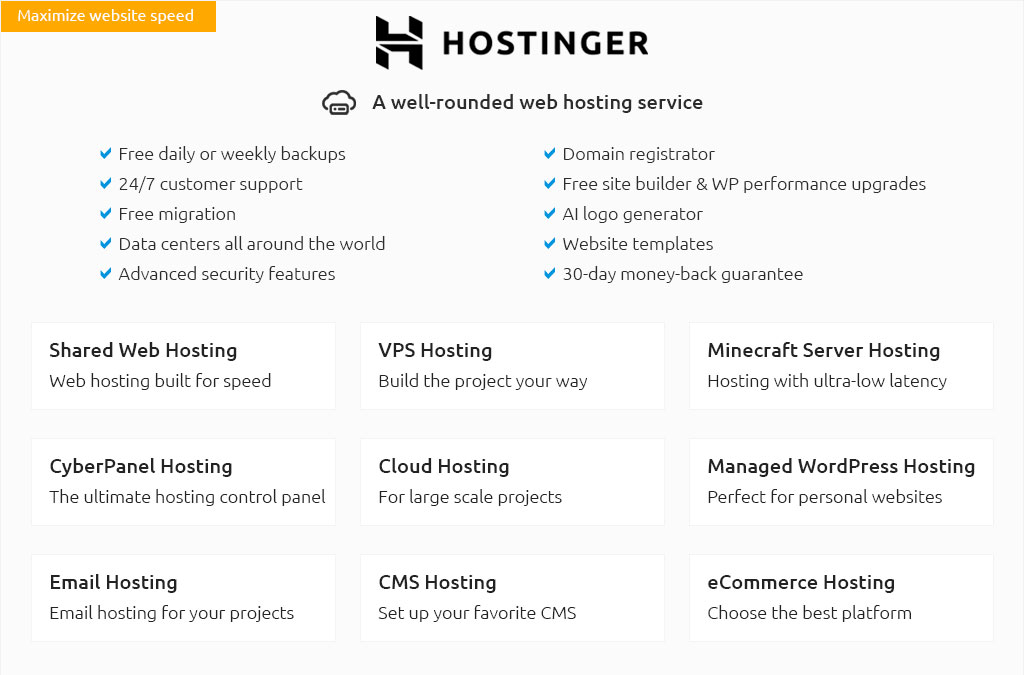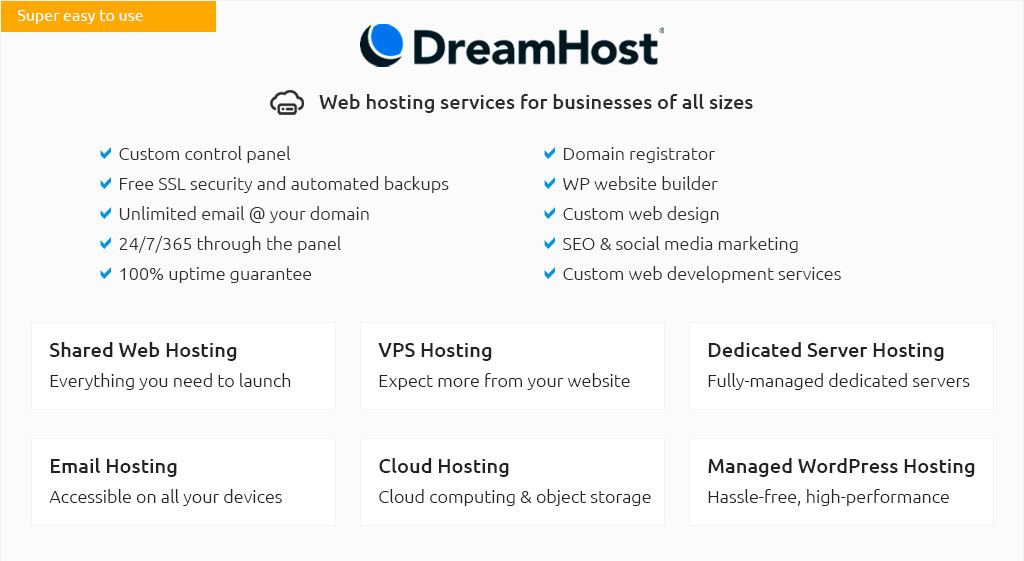 |
|||
 |
 |
 |
|
 |
|
 |
 |
 |
|||
 |
|||
 |
|||
 |
|||
 |
|||
 |
|||
 |
 |
Exploring Web Hosting on Windows: A Comprehensive GuideIn the ever-evolving realm of web hosting, choosing the right platform is crucial for businesses and individual developers alike. Windows web hosting, a choice often underestimated, offers a myriad of advantages that can cater to specific needs and technical requirements. In this article, we delve deep into the world of web hosting on Windows, exploring its benefits, challenges, and real-world applications. First and foremost, it is essential to understand what sets Windows hosting apart from its popular counterpart, Linux hosting. Windows hosting operates on the Windows Server operating system, providing seamless integration with other Microsoft products. This is particularly advantageous for enterprises that rely heavily on Microsoft technologies such as ASP.NET, MSSQL, and the .NET framework. The compatibility between these systems ensures a smooth and efficient workflow, minimizing technical hiccups and maximizing productivity. One of the standout features of Windows hosting is its user-friendly interface. The intuitive control panel allows users, even those with limited technical expertise, to manage their hosting environment with ease. This accessibility makes Windows hosting an attractive option for small businesses and start-ups looking to establish their online presence without investing heavily in IT resources. Moreover, the integration capabilities of Windows hosting extend beyond Microsoft products. It supports a range of programming languages such as PHP, making it a versatile choice for developers with diverse project needs. This flexibility is a testament to the adaptability of Windows hosting in catering to a broad spectrum of web development scenarios. However, as with any technology, there are challenges to consider. Cost is a factor that often comes up in discussions about Windows hosting. Licensing fees for Windows Server can be higher compared to open-source alternatives, potentially posing a barrier for budget-conscious individuals and organizations. Additionally, while Windows hosting is renowned for its compatibility with Microsoft products, it may not be the ideal choice for applications designed specifically for Linux environments. On a brighter note, many hosting providers are now offering competitive pricing and packages that include essential services such as automatic updates, security features, and customer support. This shift in the market landscape makes Windows hosting more accessible and appealing to a wider audience. Real-world examples highlight the practicality and effectiveness of Windows hosting. Consider a mid-sized company that relies on Microsoft Exchange for email services and SharePoint for collaboration. By choosing Windows hosting, the company can ensure that its web services are in perfect harmony with its existing infrastructure, leading to enhanced efficiency and reduced downtime. Similarly, a developer working on a project that requires the .NET framework can leverage the robust environment provided by Windows hosting to streamline development and deployment processes. Ultimately, the decision to opt for Windows hosting should be based on a thorough assessment of your specific needs and technical requirements. While it may not be the universal solution for all web hosting needs, it certainly shines in scenarios where integration with Microsoft products and ease of use are paramount. As the digital landscape continues to evolve, staying informed about the latest hosting options is key to making the best choice for your online endeavors. https://www.ionos.com/hosting/windows-hosting
For providing optimal performance of your web content, windows server hosting uses the most modern technology. A main element is the Content Delivery Network ( ... https://answers.microsoft.com/en-us/windows/forum/all/running-a-web-server-on-windows-10-home-edition/041e2a2d-66d4-4111-afd8-14c7c7152088
I have Windows 10 Home installed on my PC. I do web development as part of a personal project. I want to run a web server on my Win10 PC. https://www.reddit.com/r/webdev/comments/17livon/can_i_host_a_website_and_domain_from_my_computer/
Yes, you can host a website and domain from your computer, but it requires setting up a local web server (using software like Apache or Nginx) ...
|